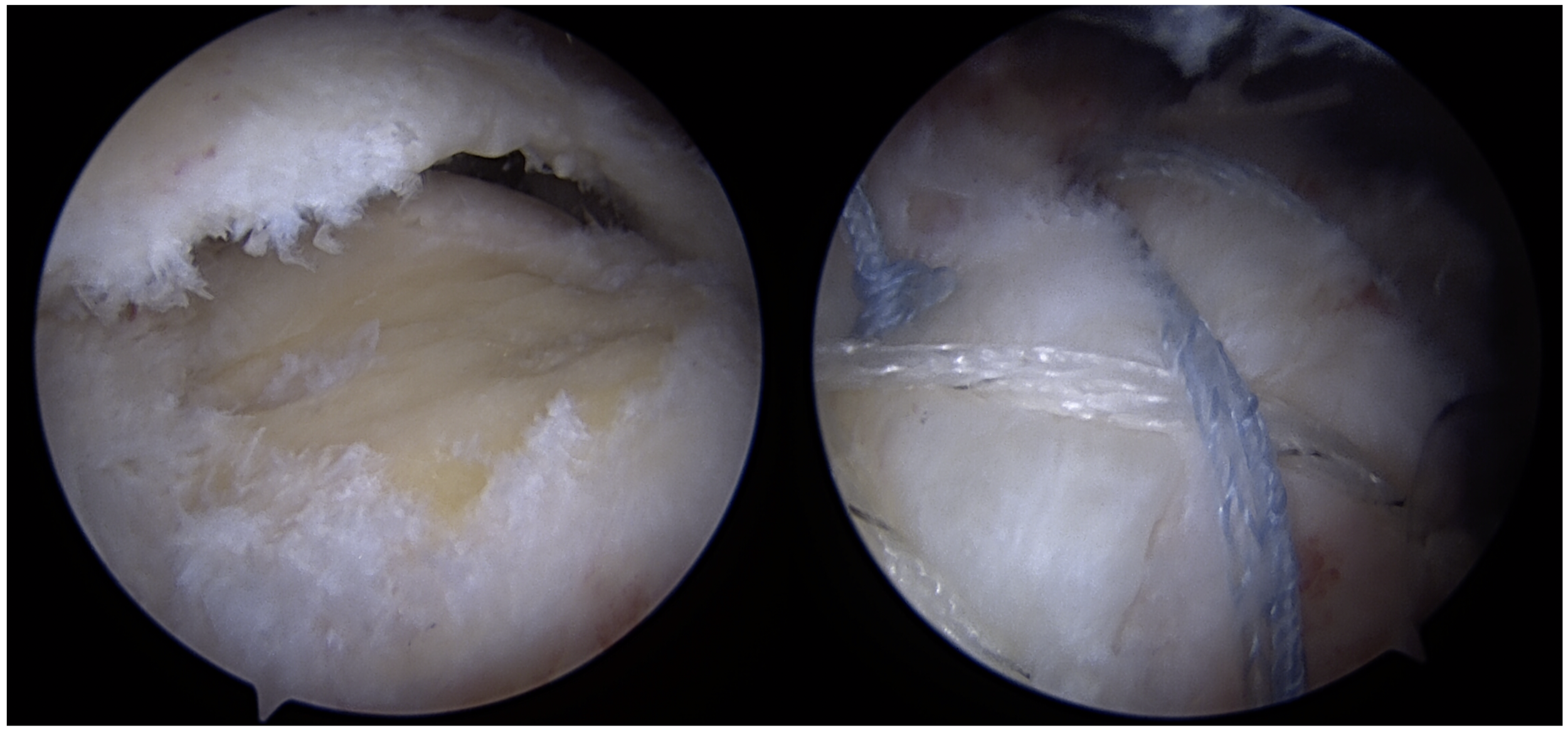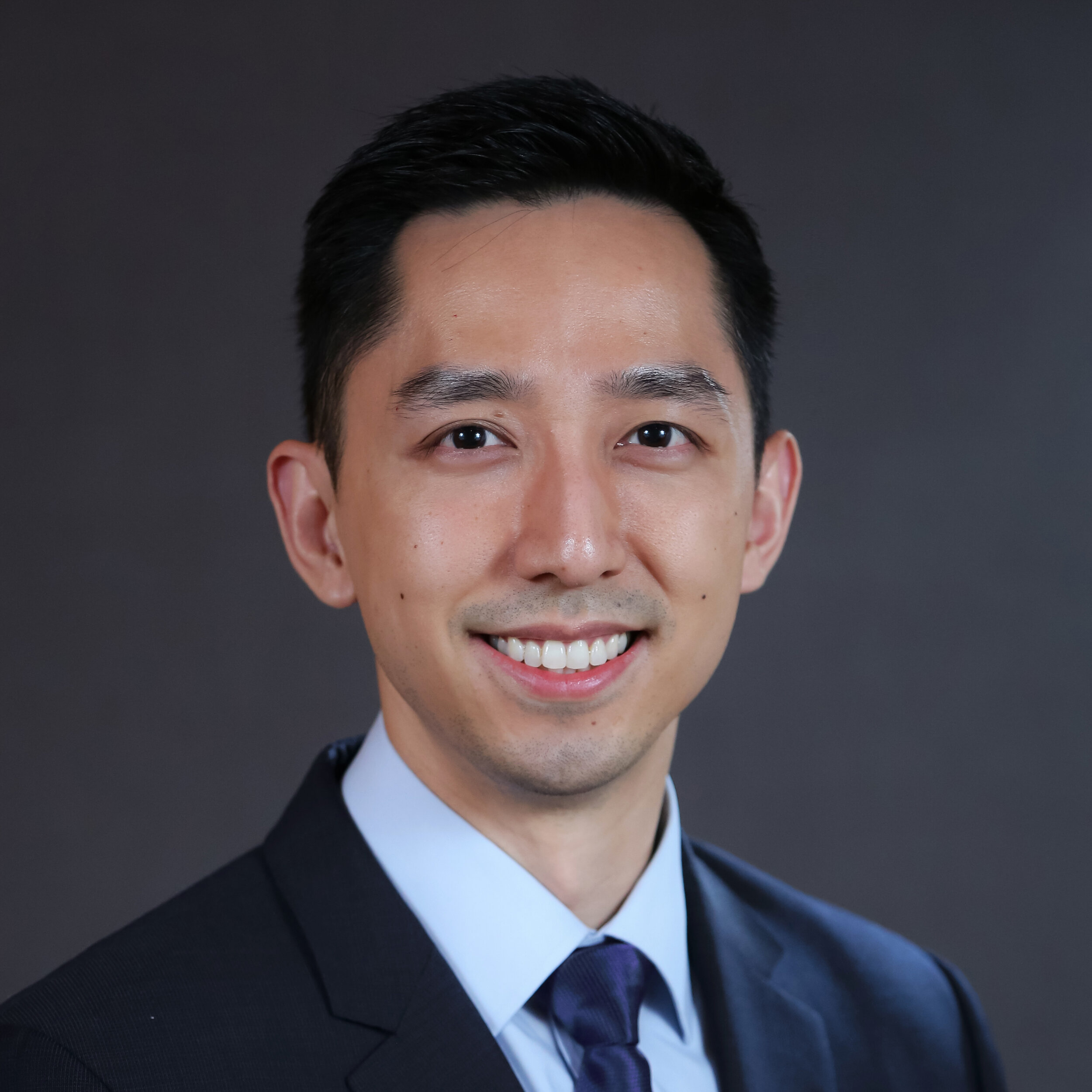NEW YORK, Oct. 19, 2020 /PRNewswire/ -- Delaying surgery for 12 months or more after a rotator cuff tear diagnosis is associated with almost twice the odds of needing a subsequent revision surgery compared to having surgery between six weeks and one year after diagnosis, according to a retrospective study of records from thousands of patients across the United States by investigators at Hospital for Special Surgery (HSS).
The revision rate for patients with rotator cuff tears who delayed surgery for 12 months or more was 15.2 percent, versus 9.9 percent for those who had surgery within six weeks and 8.3 percent for those who received surgery within the routine period of six weeks to 12 months of diagnosis.
Arthroscopic rotator cuff repair
"Patients who have not responded to non-operative approaches for rotator cuff tears frequently ask how long they can delay surgery," says Michael C. Fu, MD, MHS, a sports medicine surgeon at HSS and lead author of the study. "Our research was designed to investigate the relationship between delaying surgery and the need for subsequent revision due to failure of the initial rotator cuff repair." The study was published online first on October 1 in the journal Orthopedics.
About the Author
Dr. Michael Fu is an orthopedic surgeon and shoulder specialist at the Hospital for Special Surgery (HSS), the best hospital for orthopedics as ranked by U.S. News & World Report. Dr. Fu treats the entire spectrum of shoulder conditions, including rotator cuff tears, shoulder instability, and shoulder arthritis. Dr. Fu was educated at Columbia University and Yale School of Medicine, followed by orthopedic surgery residency at HSS and sports medicine & shoulder surgery fellowship at Rush University Medical Center in Chicago. He has been a team physician for the Chicago Bulls, Chicago White Sox, DePaul University, and NYC’s PSAL.
Disclaimer: All materials presented on this website are the opinions of Dr. Michael Fu and any guest writers, and should not be construed as medical advice. Each patient’s specific condition is different, and a comprehensive medical assessment requires a full medical history, physical exam, and review of diagnostic imaging. If you would like to seek the opinion of Dr. Michael Fu for your specific case, we recommend contacting our office to make an appointment.




